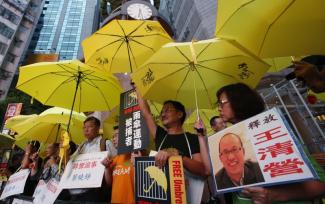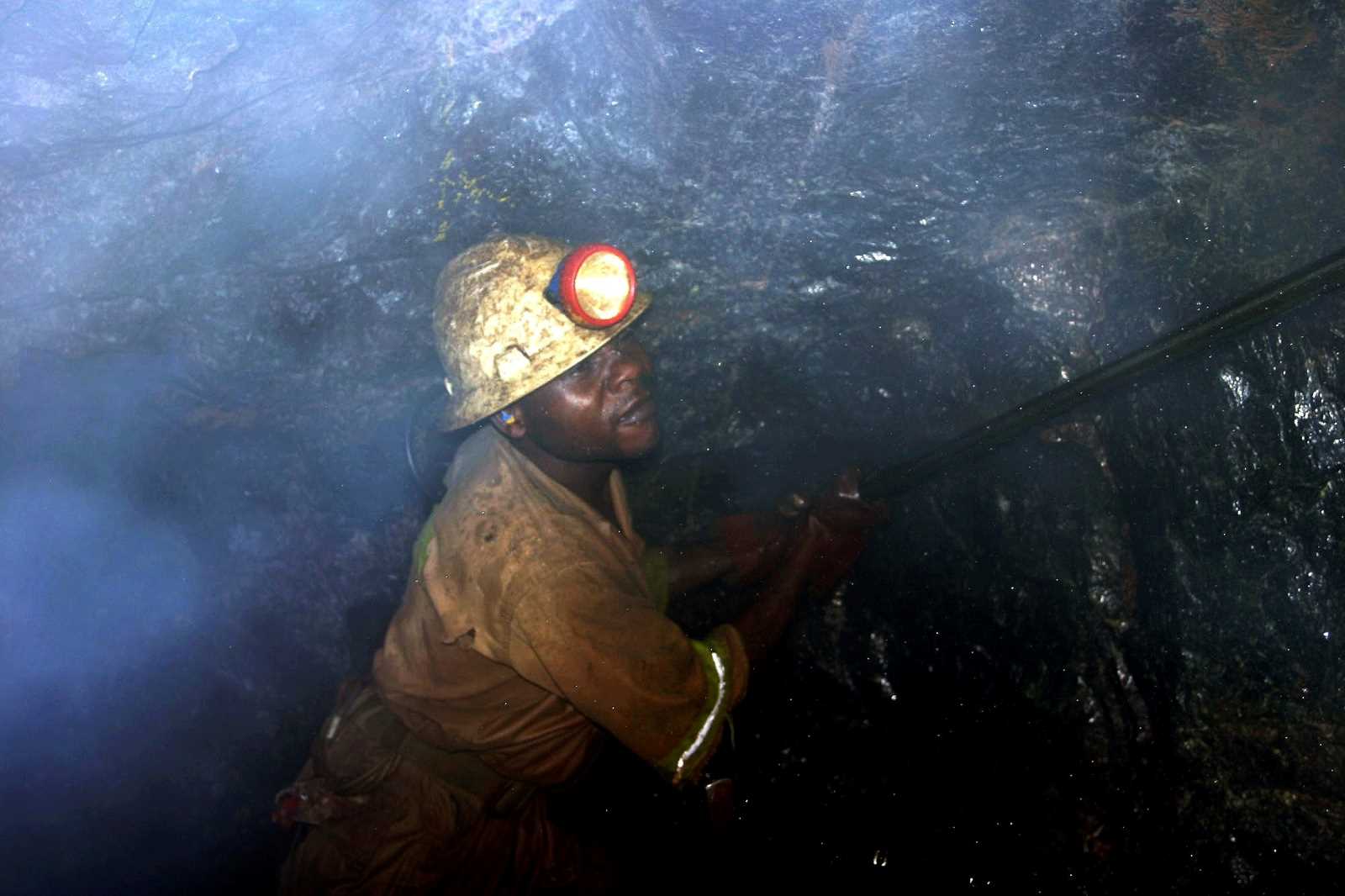Global role model
Harmful competition

In view of such competition, the World Bank is eager to take on greater risks and get involved in large-scale infrastructure development. The overhaul of its environmental and social standards (see main article) must be considered in this context. Vague and flexible standards would make it easier to do business.
The AIIB is crucially relevant because European countries – unlike the USA and Japan – have become members. Accordingly, it has credibility as a multilateral institution, which will help it to obtain a triple A credit rating.
The AIIB too has produced its own draft for social and environmental standards. It uses all the trendy buzzwords like “participation”, “transparency” or “accountability”. However, the standards are defined in rather flexible terms and are not mandatory requirements. Moreover, the favoured option seems to be to rely on a borrowing countries’ own systems, which tend to be inadequate. No policy on public access to information has been made public.
The AIIB hardly bothered with public consultations. There only was a short, English language-only call-in exercise. Civil-society organisations have reason to feel marginalised, especially in view of China’s dismal human rights record.
It looks as if both the World Bank and the AIIB view social and environmental standards as a burdensome add-on to be handled in the most flexible manner possible whilst competing to do as much business as possible. They would be doing humanity a disservice. We need sustainable development, not unrestrained growth that results in more harm than benefits. (kh)










